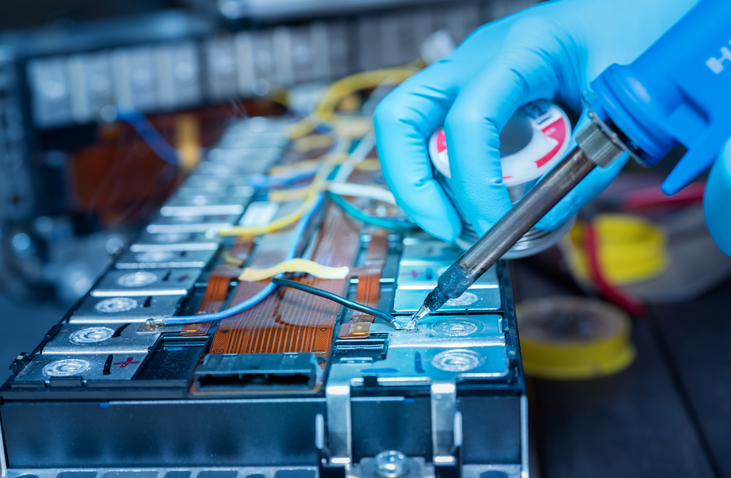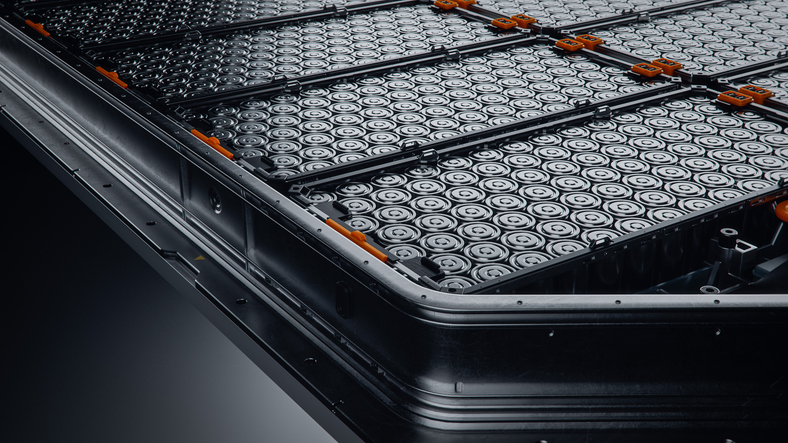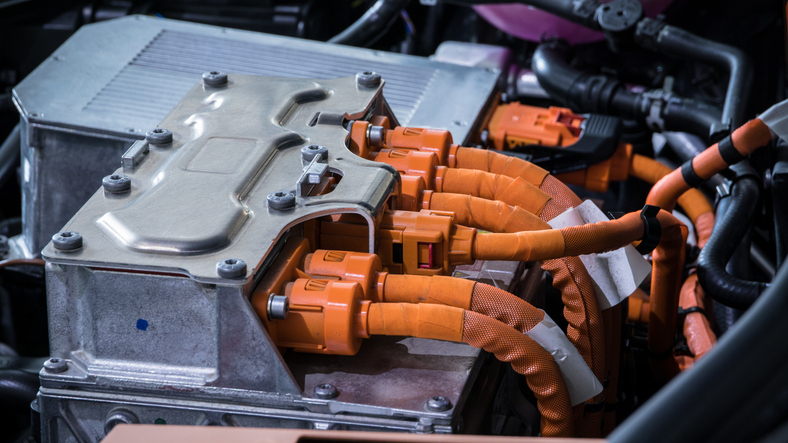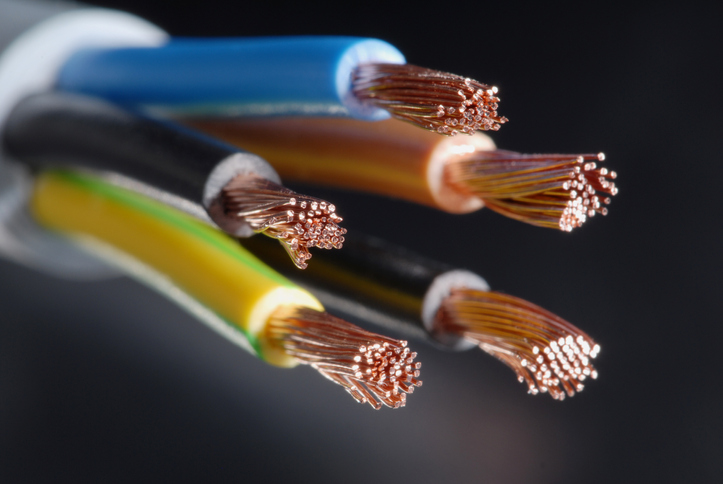Electric vehicles (EVs) are becoming more and more popular in the automotive industry. Just last year, EVs accounted for 18% of all cars sold in 2023, a 35% increase from 2022. As these vehicles become more common on the roadways and more popular with consumers, it is important to focus on the safety and functionality of what keeps them running — their batteries.
Most plug-in hybrids and EVs use lithium-ion batteries to run. These batteries are chosen for their high power-to-weight ratio, high energy efficiency, good high-temperature performance, long life, and low self-discharge. However, lithium-ion batteries do have their challenges. To keep these vehicles running smoothly, efficiently, and safely, we need to make sure that their batteries are optimized for performance. This is where EV battery insulation comes in.
Why is EV Battery Insulation Important?
EV batteries present several risks that both manufacturers and users need to be aware of and understand so the safety, reliability, and longevity of these vehicles are never in question.
Thermal Runaway
Thermal runaway occurs when the battery’s temperature rapidly and uncontrollably increases. When this happens, fires and explosions are extremely likely, causing damage to the vehicle and putting the users’ safety in danger.
Luckily, insulation can help. The right EV battery insulation can prevent the heat from one battery cell from jumping to another, greatly reducing the risk of thermal runaway and the damage the process may cause.
Environmental Conditions
Extreme temperatures in the environment can also impact the battery’s performance and safety. While high temperatures can increase the risk of thermal runaway, low temperatures can reduce the efficiency and range of the vehicle.
The proper EV battery insulation solution will help regulate the temperature of the battery. By keeping the temperature of the battery relatively consistent, you will be able to increase the functionality, efficiency, and safety of the EV.
Damage to the Battery
Insulation solutions can also help prevent damage to the battery in the event of an accident. When the batteries are scraped or damaged in any way, the chances of thermal runaway occurring increase. Insulation can protect the battery from these damages by providing an extra layer of material that acts almost as a cushion.
EV Battery Insulation Solutions
There are many EV battery insulation solutions on the market, let’s review some of the common materials that are ideal for use in these applications:
Mica
Mica creates a barrier that ensures the electrical integrity of each battery cell, reducing the risk of thermal runaway. This material exhibits high thermal stability and low thermal conductivity while being non-flammable.
Polyester
Polyester is commonly used as a separator material in batteries to prevent short-circuiting between the positive and negative electrodes. This material exhibits good electrical insulation, thermal resistance, and dimensional stability while being a good dielectric barrier and being able to withstand high temperatures. Some of the EV battery insulation solutions made from polyester include cell wrappers, heat shrink polyester sleeving, top and bottom cell insulators, and outside cell insulators.
Polypropylene
This material is commonly used as a battery separator due to its high heat resistance, electric resistance, and low thermal conductivity. Cell wrappers, top and bottom cell insulators, and jelly roll wraps are made from polypropylene.
Silicone
Silicone is a natural insulator that exhibits low thermal conductivity and can be used in a wide temperature range. This material is commonly used to create thermal runaway barriers and interior battery pack liners.
Polyimide
Polyimide has excellent heat stability and good electrical and mechanical characteristics. Cell wrappers, jelly roll wrappers, and dielectric barriers are commonly made from polyimide.
If You Need EV Battery Insulation, Turn to Electrolock
Electrolock has been engineering high-voltage electric, battery, and thermal insulation solutions since 1957. Our team has many options to meet the needs of your EV battery insulation needs, however, if you can’t find a solution that is just right, our team will work with you to design and manufacture a solution that fits all of your criteria.
Contact our team today to see what we can do for you.




